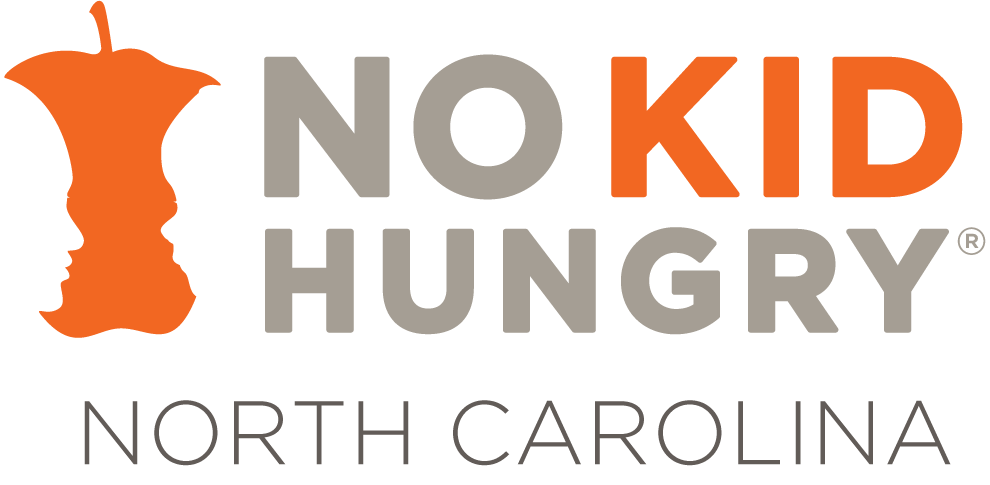We are pleased to share a new No Kid Hungry report, “Lessons That Matter | Strategies to Translate Pandemic-Era School Meal Innovations to Common Practice,” which identifies lessons learned by child nutrition program staff operating school meal programs during the pandemic. This report translates those lessons learned into practice and policy recommendations for stakeholders at the national, state, and local level to understand what school meal program staff learned during the COVID-19 crisis.
Jessica Soldavini, Research Specialist with the No Kid Hungry North Carolina team, is a co-author of the report. So is Alice Ammerman, director of the UNC Center for Health Promotion and Disease Prevention, which collaborates with Share Our Strength on the No Kid Hungry NC project.
Methods
The data analyzed in this report were collected from two previous studies by research teams across two states, Maryland and North Carolina. The previous studies interviewed local child nutrition program leadership and staff to understand new practices that were put into place during the pandemic and perceived benefits of the USDA waiver flexibilities. This report describes a secondary analysis conducted using these data, with a focus on how lessons learned may impact future operations.
Key Findings
Share Our Strength summarizes findings on lessons learned into five categories: (1) communication across multiple stakeholder levels, (2) staffing and professional development, (3) partnerships, (4) preparedness and infrastructure, and (5) financial structures.
Recommendations are provided for operational changes that school meal operators can implement now and for future school closures, and for policy changes to address barriers that led to inefficient responses that are not within the direct control of schools or state agencies.
Practice Recommendations:
- Increase communication with families to promote school meal programs—utilizing multiple avenues of communication.
- Reassess staffing structures and roles, and provide incentives to retain staff and boost morale.
- Cultivate relationships with a variety of school and non-school partners that work with families to streamline efforts, access resources, and better reach families.
- Develop a formal blueprint for how to handle operations during unanticipated school closures and know ahead of time the type of infrastructure changes that will need to be made.
- Flexible financial structures must be in place to allow school meal professionals the ability to implement necessary program changes and address challenges associated with the pandemic, as well as making the program easier to operate during typical times.
Policy Recommendations for future unanticipated school closures & a typical school year:
- Permanently establish child nutrition program waiver authority and other flexibilities during emergency situations.
- Provide additional funding and flexible financial structures (such as universal free meal service) as soon as possible to ensure that school meal programs remain financially solvent.
- Make certain waiver flexibilities a permanent option during anticipated school closures (e.g., summer) to make it easier for children to access meals.
- Increase access to no-cost, healthy school meals for all through both federal and state-level policies, such as expanding the Community Eligibility Provision or eliminating the reduced-price category, to streamline administrative processes and bring the benefits of school meals to more children.


